
Every year, budding authors and illustrators around Australia group together to create digital storybooks for children in hospital
It’s all part of Write a Book in a Day, an annual team competition that promotes literacy, collaboration and creativity, administrated by The Kids’ Cancer Project.
There is also an important philanthropic element enjoyed by the writers. Funds raised by the teams in sponsorship of their efforts go towards vital scientific research to find cures for the 950 children diagnosed annually in this country.
In 2020, more than 7600 writers and illustrators in 1000 separate teams participated, raising over $530,000 for vital medical research through The Kids’ Cancer Project.
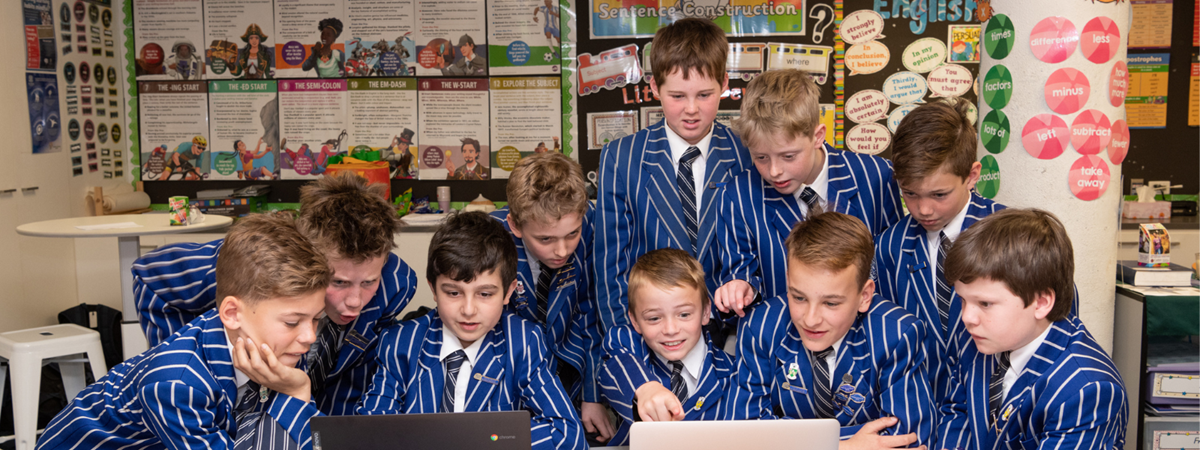
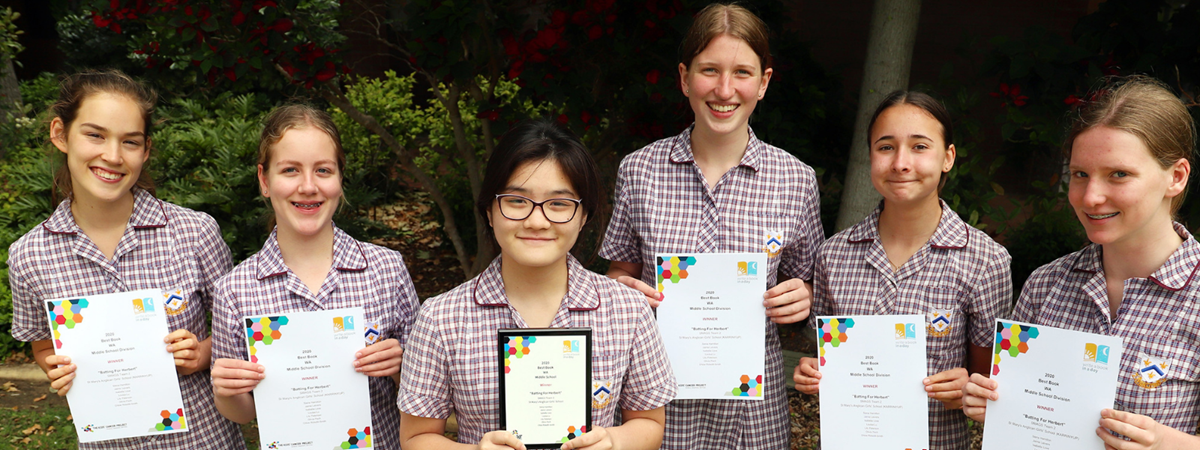
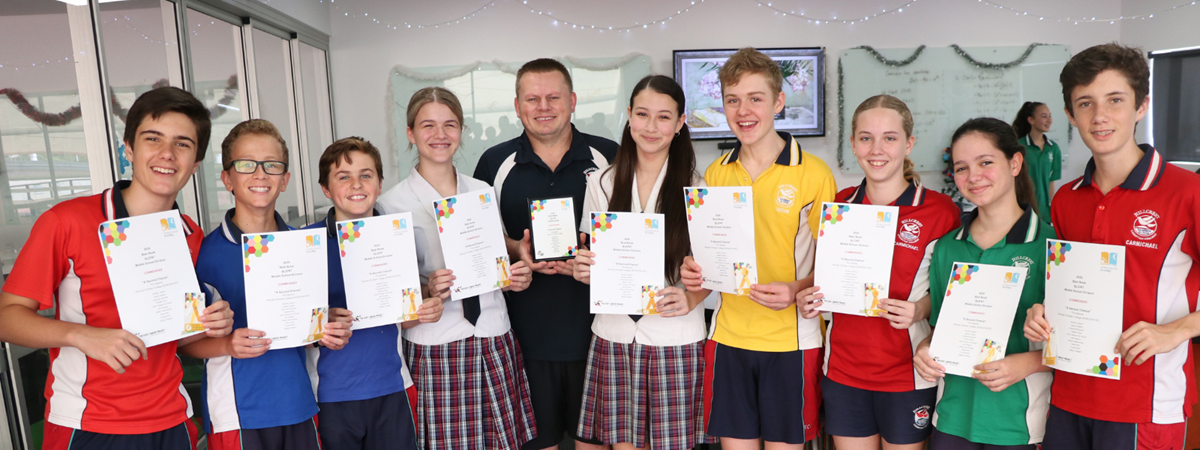
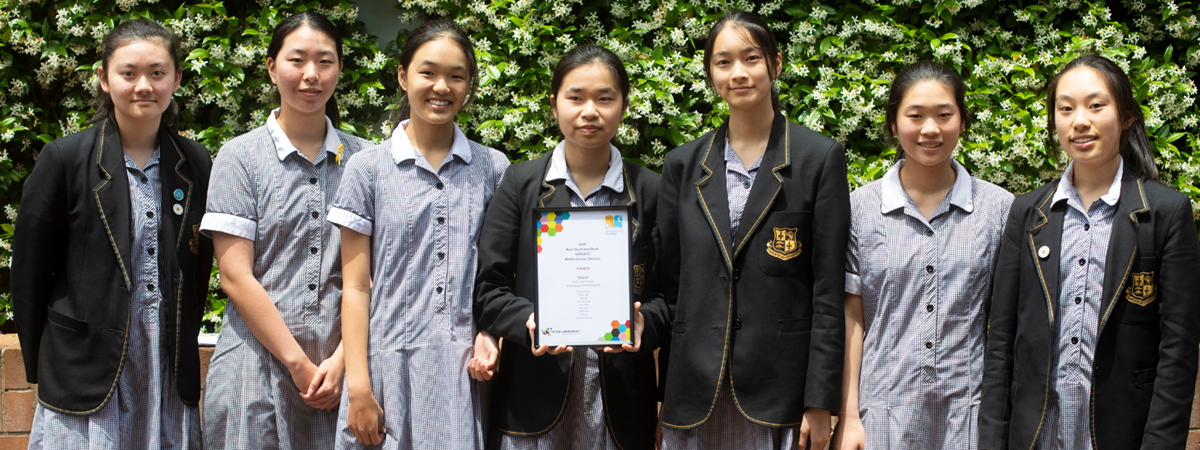
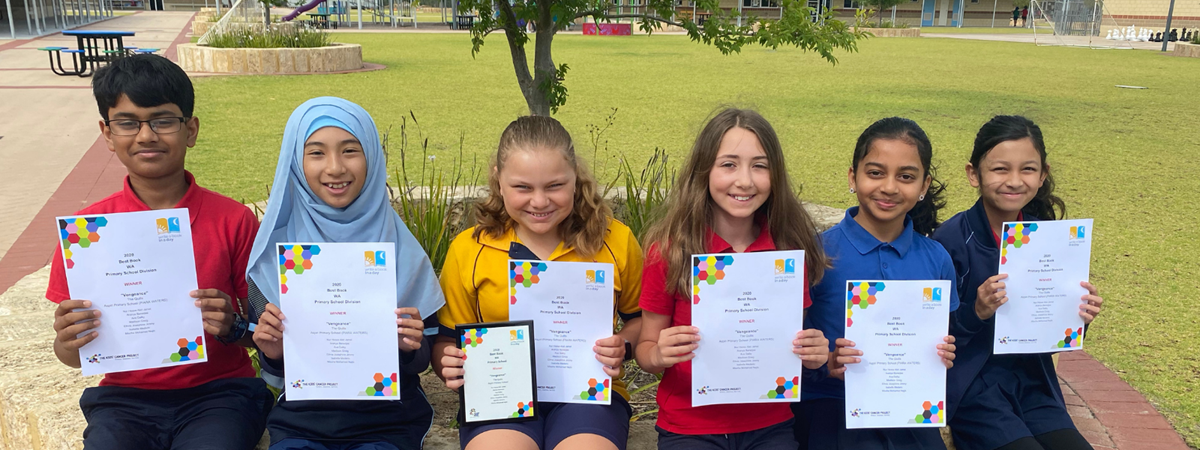
Where the money goes
With more children dying of cancer in Australia than any other disease, Owen Finegan, CEO of The Kids’ Cancer Project said the funds raised by Write a Book in a Day participants goes a long way. Owen explains:
Childhood cancer is different to adult cancer in that it’s not linked to lifestyle factors...In fact, the majority of childhood cancers remain poorly understood and the causes are unknown.
Because our vision is for 100 per cent survival of all children with cancer, our funding spans a wide variety of studies to improve outcomes for the 950 young Australians diagnosed every year.
The significant funds raised through the 2020 Write a Book in a Day competition have gone towards five diverse programs that have the greatest chance of success in finding kinder, more effective cancer treatments specifically for children.
Kinder cancer treatments for kids
Funds raised through the 2020 Write a Book in a Day competition have funded ongoing support of international clinical trials, a national tumour bank, a national program to help children eat and live well after cancer treatment, as well as two laboratory studies to improve treatments for children and adolescents diagnosed with acute lymphoblastic leukaemia.
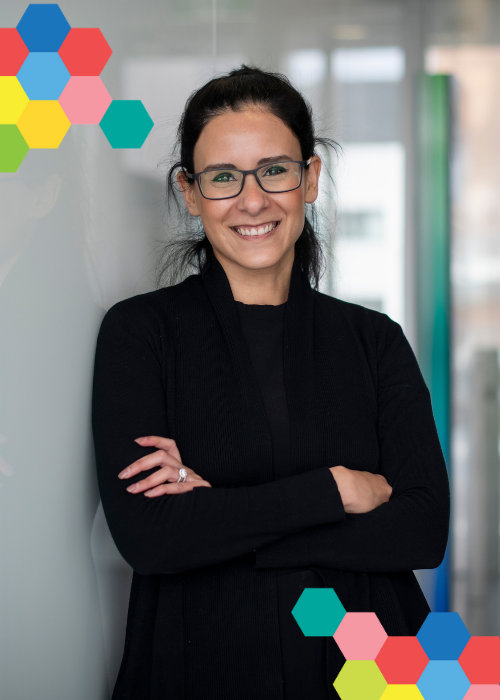
Overcoming therapeutic resistance in high risk ALL
Recipient: Dr Diane Hanna, The Walter and Eliza Hall Institute
Acute Lymphoblastic Leukaemia (ALL) is one of the top three leading causes of cancer death in adolescents and young adults. Novel approaches that are safe and effective are urgently required to address this unmet medical need.
These early phase trials will be with small numbers to demonstrate safety in a subgroup of patients where other treatments have failed. We expect this to be a really useful tool for getting these children into remission as a bridge to transplant, and that’s why we need to start exploring these kinds of novel approaches to treatment.
- Dr Diane Hanna, The Walter and Eliza Hall Institute
National Tumour Biobanking Network
Recipients: Associate Professor Andrew Moore and Daniel Kilmartin, University of Queensland
Tumour banking provides clinical samples for research and clinical trials, and is therefore an essential part of the search to find cures for childhood cancer.
The Kids’ Cancer Project play a key role in saving children’s lives. They fund a huge range of projects – not just ones that help researchers in the lab, but also ones that help oncology centres do their great work. I’ve got a lot of time for them because I think they’re a really great organisation.
- Professor Andrew Moore, University of Queensland
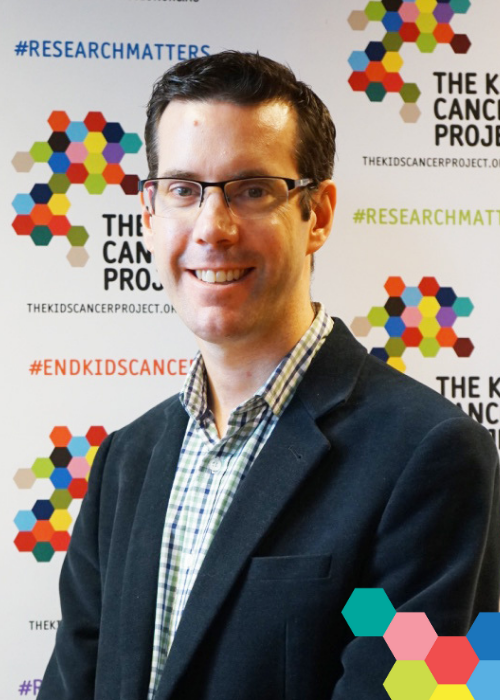
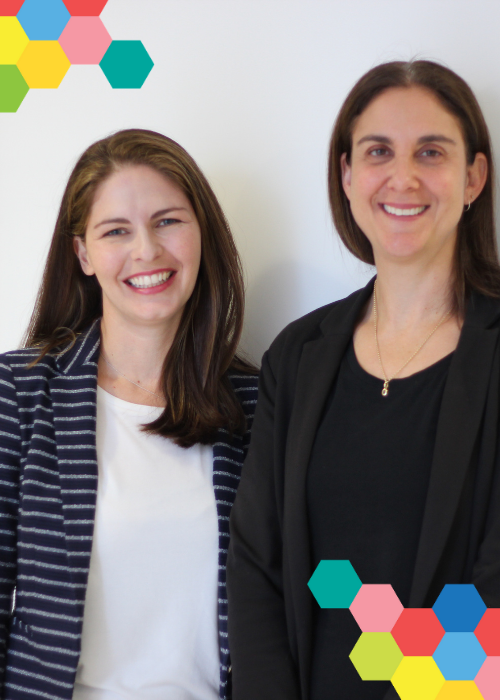
Reboot-Kids
Recipients: Dr Jennifer Cohen and Professor Claire Wakefield, Sydney Children’s Hospital, Kids Cancer Centre
This study is a randomised controlled trial of a behavioural medicine intervention to prevent obesity and metabolic complications in young cancer survivors recently off treatment.
Through Reboot-Kids, the study funded by The Kids’ Cancer Project, we can get more evidence to support our theories and create an online coaching platform that families can easily follow so children diagnosed with cancer can have the best chance of a healthy life after treatment.
- Dr Jennifer Cohen, Sydney Children’s Hospital, Kids Cancer Centre
Pre-clinical development of novel immune therapy for paediatric cancers
Recipient: Dr Alla Dolnikov, Sydney Children’s Hospital, Randwick
The goal of this project is to investigate a novel treatment that will overcome the current limitations of immune cellular therapy to achieve long-lasting results and avoid relapse.
[In clinical testing] we’ve seen a response rate up to 90 per cent for certain types of leukaemia and lymphoma...It has been particularly effective in the paediatric cohort, in kids with leukaemia and lymphoma.
- Dr Alla Dolnikov, Sydney Children’s Hospital, Randwick
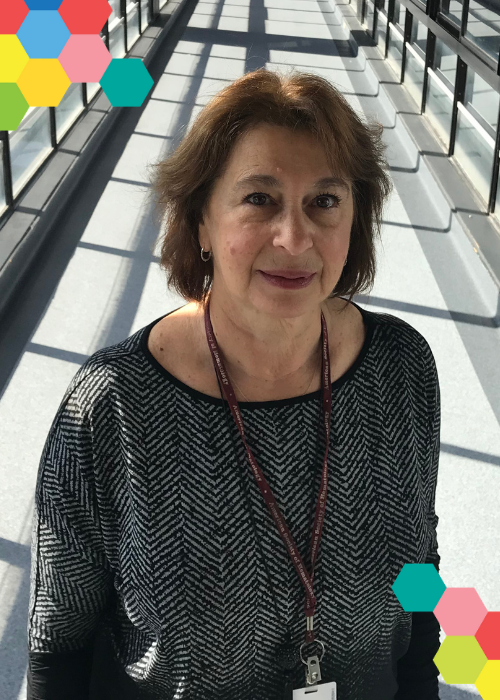
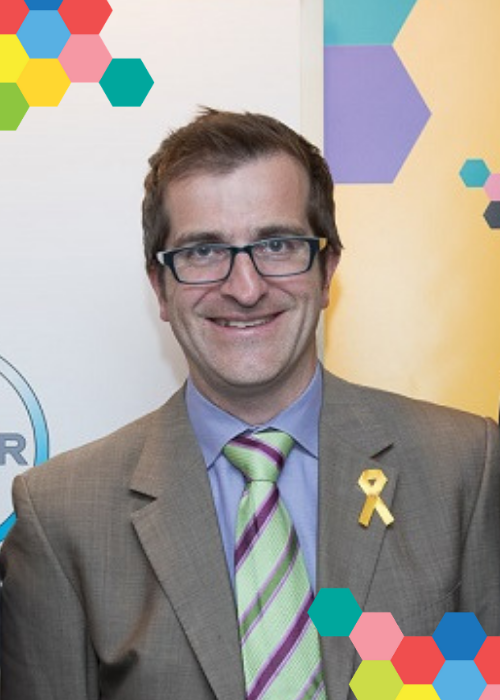
International clinical trials support
Recipient: Australian and New Zealand Children’s Haematology / Oncology Group
This investment meets The Kids’ Cancer Project’s objective to help children with cancer through collaboration and sharing knowledge with research institutions and clinicians.
We’re thrilled to work with The Kids’ Cancer Project. With their support we can open more international clinical trials and provide access to new treatments and therapies for Australian children and young people diagnosed with cancer.
- Dr Chris Fraser, ANZCHOG Chair
